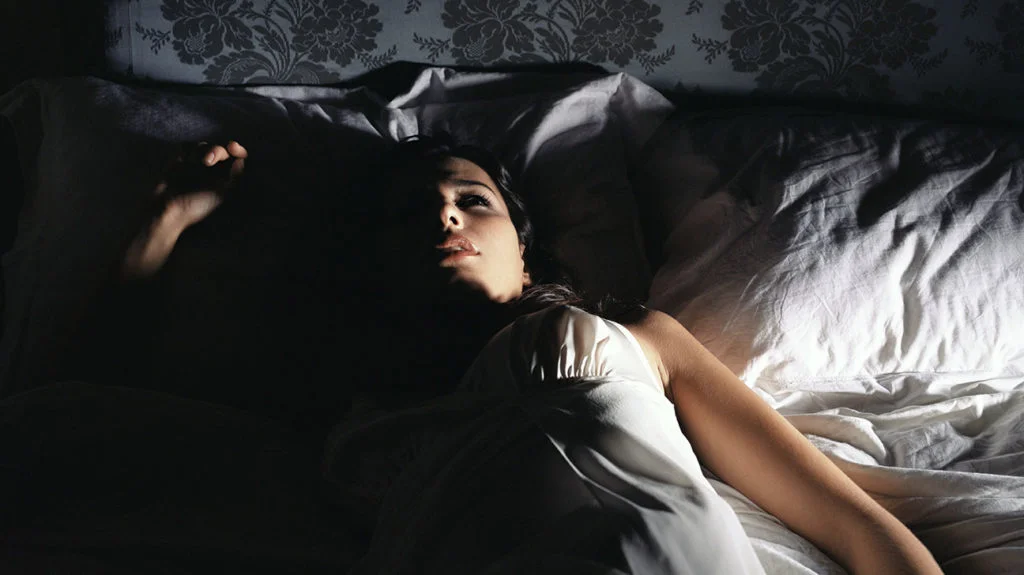Introduction
The causes of nyctophobia—the intense fear of darkness—are varied and deeply rooted in our personal experiences, psychological development, and even evolutionary history. While it is common to associate fear of the dark with children, many adults silently struggle with nyctophobia, which can interfere with sleep, relationships, and daily functioning. In this post, we’ll explore 7 powerful causes of nyctophobia, helping you understand what leads to this phobia and how it can be managed.

If you need professional support, consulting the best psychiatrist in Delhi can provide valuable insights and personalized strategies for Phobias. Consider Visiting:
1. Traumatic Childhood Experiences
One of the most prominent causes of nyctophobia is unresolved trauma from childhood. A distressing event, such as being locked in a dark room, getting lost at night, or facing fear without support, can leave lasting emotional imprints. These memories often manifest later as irrational fear whenever one is exposed to darkness.
2. Overactive Imagination and Nightmares
Another common factor among the causes of nyctophobia is the tendency to have a vivid imagination, especially during childhood. When the lights go off, the mind can create terrifying scenarios, fueled by past nightmares or imaginary fears. Over time, these imagined dangers can feel very real, reinforcing fear in dark settings.
3. Learned Behavior from Family or Friends
The fear of darkness is sometimes passed down through observation. If a child sees a parent or sibling express fear during nighttime or in dark environments, they might imitate and internalize that reaction. This learned response can be one of the underlying causes of nyctophobia, turning a moment of empathy into a lifelong phobia.
4. Evolutionary Instincts and Fear of the Unknown
From an evolutionary perspective, darkness once symbolized danger. Humans lacked strong night vision and were vulnerable to predators at night. That ancestral memory still lingers and may be one of the natural causes of nyctophobia. In modern life, even when we are safe indoors, our brain may still react with fear when surrounded by darkness.
5. Existing Anxiety Disorders and Stress
For individuals already struggling with general anxiety or panic disorders, nyctophobia often emerges as a secondary fear. Chronic stress heightens the nervous system, making even small threats feel significant. As a result, dark environments may seem overwhelming. According to the National Institute of Mental Health (NIMH), anxiety disorders affect millions and often lead to irrational fears, including nyctophobia.
6. Influence of Media and Horror Content
Movies, TV shows, and viral content often portray darkness as a breeding ground for ghosts, monsters, or violence. Consistent exposure to such media—especially at a young age—can program the brain to fear darkness. The media-induced perception of threat is a growing contributor among the causes of nyctophobia in both children and adults.

7. Limited Exposure to Natural Darkness
In our technology-driven lives, darkness is less common than it used to be. Streetlights, night lamps, and screen lights mean we rarely experience complete darkness. As a result, unfamiliarity becomes fear. A lack of exposure can be one of the more subtle causes of nyctophobia, making even a power outage feel terrifying.
When to Seek Help
If the causes of nyctophobia are leading to sleep disturbances, panic attacks, or isolation, it’s important to seek help. Therapy and gradual desensitization strategies can significantly improve quality of life. For more information on mental health support and treatment, explore:

Conclusion
Understanding the causes of nyctophobia is key to overcoming it. Whether it stems from trauma, learned behavior, anxiety, or media influence, recognizing the origin helps in taking steps toward healing. With the right support and awareness, nyctophobia doesn’t have to control your life. Empower yourself with knowledge and don’t hesitate to reach out to mental health professionals when needed.

